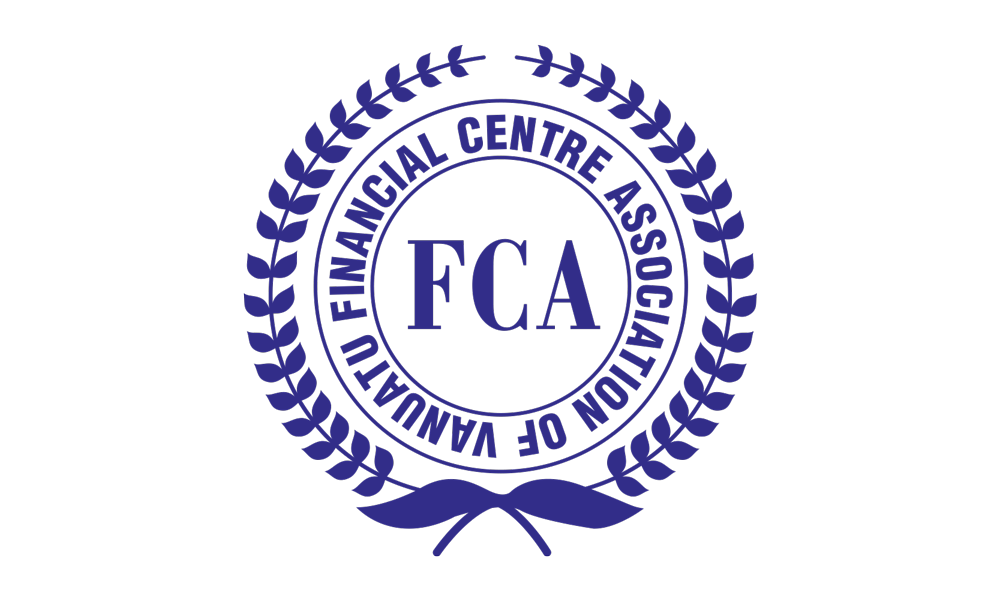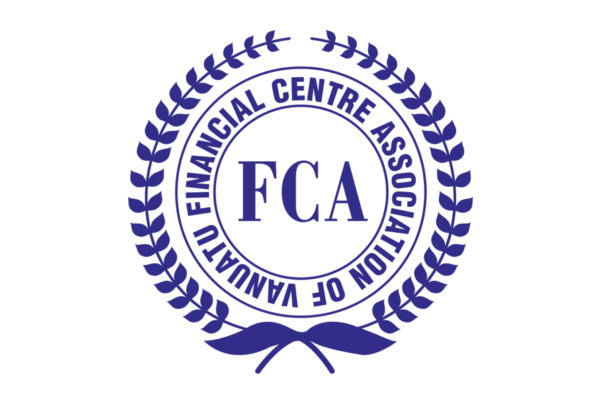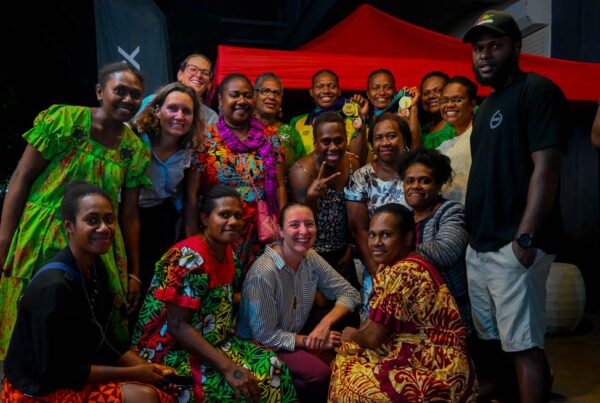Dear Members,
Thank you all for your support over the past year. I invite you to read previous annual Chairman’s Reports, you can find them online at www.fca.vu.
I also invite each of you to read the monthly minutes of meeting that are distributed following each meeting, especially those of you unable to attend the meetings in person, so that you can stay abreast of the issues facing our industry. As always, I encourage all members to attend the monthly meetings whenever possible and participate in the discussions held at those meetings and to reach out to your fellow industry colleagues in order to discuss, debate, and bring attention to those issues that affect our industry and the wider community.
Vanuatu & the world generally
Vanuatu is a small island nation. We rely heavily on our Pacific neighbours and on global trade to be able to access modern, sophisticated goods and services that are developed and produced by the more advanced economies.
In order to trade with other nations, it is vital for us as a country to be able to access foreign currencies and to receive and send (i.e. transact) in foreign currencies. More powerful states and blocs use their strength and influence to force small nations to abide by their rules and standards. Vanuatu, like other small nations, is in a constant struggle to balance its own national interests and sovereignty with the external pressures that are brought to bear by other larger nations and jurisdictions that seek to advance their own agenda at the expense of our national development.
Following substantial effort, investment, and commitment, Vanuatu was removed from FATF and APG list of non-cooperative countries in July 2018.
Removal from the FATF list was supposed to help Vanuatu, as most jurisdictions worldwide rely on the FATF list to establish their own list. Vanuatu to this day (6/05/2020) still appears on a list established by the EU in 2016 following the FATF list of that year. The EU seems either unwilling or incapable of updating their list to remove Vanuatu from it. The impact of this is that Vanuatu is being economically disadvantaged and harmed by this inaction.
This unjust treatment by the EU has resulted in Vanuatu being bullied and unfairly tagged as a high-risk country.
Unfortunately, in addition to not withdrawing Vanuatu’s name from the FATF linked list, in March 2019 the European Commission placed Vanuatu on its taxation blacklist (not to be confused with the separate blacklist relating to money laundering and terrorist financing).
The EU, by not updating its list to reflect the improvements made by Vanuatu that resulted in its removal from the FATF list in 2018 and by adding Vanuatu on another distinct blacklist again, has lost all credibility with its current listings. It also loses the confidence of countries such as Vanuatu that they will be treated fairly and impartially when it comes to EU-imposed rules on foreign nations.
The thoughts and ideas of last year are still valid this year.
- Technology is the only way Vanuatu can quickly move forward and create enough wealth to match the needs and expectations of its young and fast growing population;
- We recommend investment in the digitization of data collection processes and digitization of all the mandatory monthly and yearly returns required to be filed with the Government;
- Once proper data collection is implemented, only then can the Government undertake statistically reliable data analysis before making major macroeconomic decisions that will affect the country for decades to come;
- Economic growth is vital to preserve the peaceful equilibrium that exists in Vanuatu between the youth and the older generations, and between the diverse communities that share a common future.
Diversification of the economy
I mentioned in last year’s Chairman’s report that diversity in our economy was badly needed, that it was unsafe and unhealthy to accept the sterotyping imposed on Vanuatu that limits our economy to tourism, handicrafts and subsistence agriculture.
The first half of this year, with the effects of the COVID-19 global pandemic, has shown us just how vulnerable our economy has become due to such a concentration of economic activity within a single industry, tourism.
We have recently reached out to the new elected government, including the Prime Minister, Deputy Prime Minister and the Minister of Finance to seek a meeting with them to discuss the current issues facign Vanuatu. Vanuatu needs the finance industry and the finance industry needs to work with rather than against the Vanuatu Government. It is a symbiotic relationship, as all of us work in highly regulated sectors. Bankers, Insurers, Professional Services Providers, Trust Companies, Lawyers, Accountants, Real Estate Agents, Brokers, Financial Dealers and Tax Agents all make a significant contribution to the economy of the country. There is still room for further growth and we have a key role to play to create prosperity, jobs and opportunities for the nation’s youth in the months and years to come.
I don’t think that anyone is in any doubt that 2020-2021 will be one of the most challenging years this country has faced. Please do attend the monthly meetings, speak your mind and join us on this quest to help Vanuatu achieve its untapped potential.
Martin St-Hilaire




